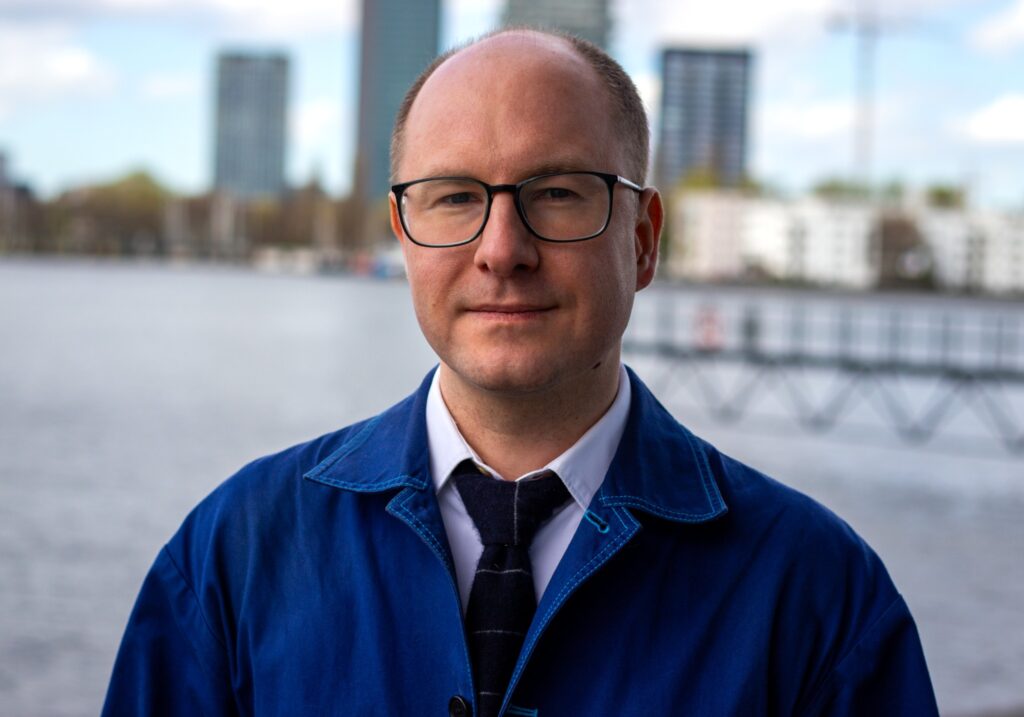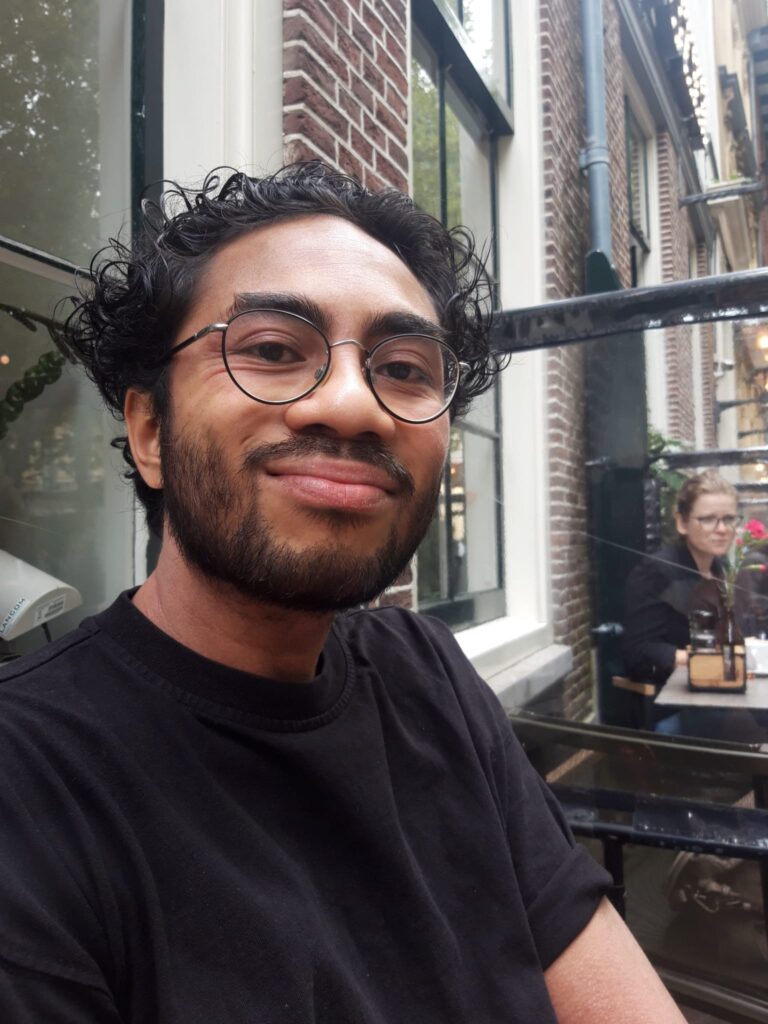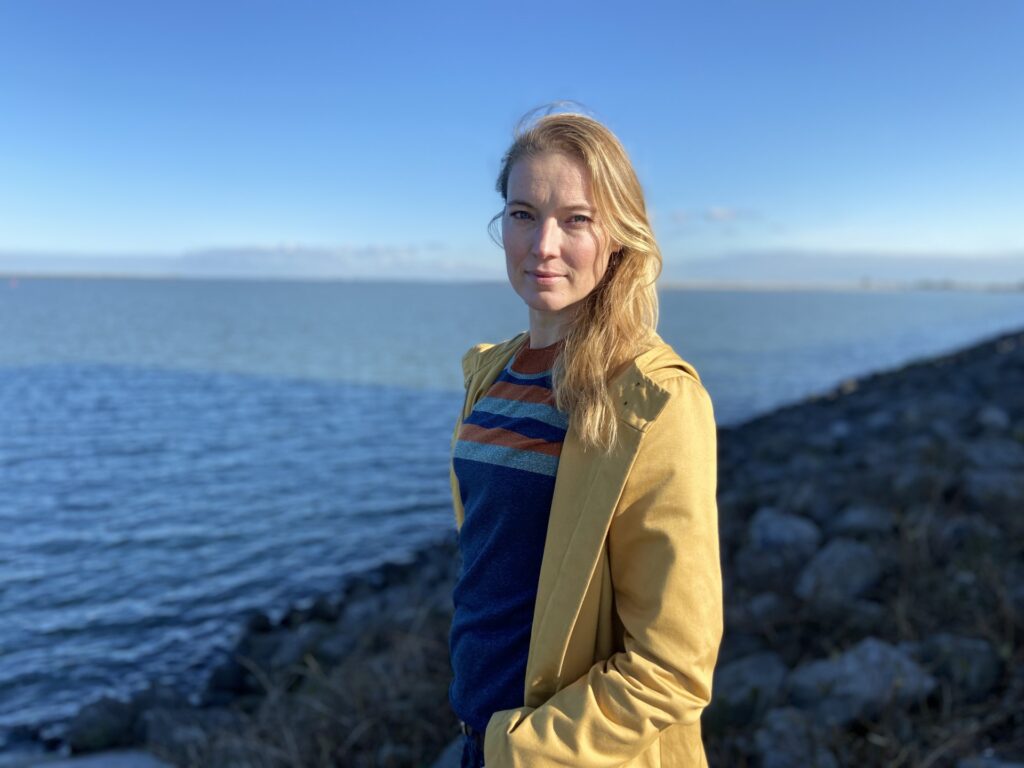The IMPRODECO Team

Floris Schuiling
Principal Investigator
Floris Schuiling specializes in musical performance practices since the mid-twentieth century to the present. His work describes the interplay between improvisation, technology, and notation in shaping musical practices. Much of his research is based on close observation of performance processes, focusing particularly on the mediation of creativity through social and technological interactions.
In the IMPRODECO project, Schuiling critically interrogates the construction of European free improvisation in terms of whiteness, both as a genre and as a musical practice, and will aim to develop new analytical understandings of improvisation that are less reliant on the white racial frames of music scholarship.
In the IMPRODECO project, Schuiling critically interrogates the construction of European free improvisation in terms of whiteness, both as a genre and as a musical practice, and will aim to develop new analytical understandings of improvisation that are less reliant on the white racial frames of music scholarship.

Reinda Hullij
PhD Candidate
Reïnda Hullij's research will focus on identity formation within Indo-Dutch communities through freedoms of interpretation in jazz and improvised music. Other related research interests include Indigenous epistemologies, relations between Southeast Asian and South Pacific cultures through (pre-)historic migration routes, and storytelling as a form of historiography. As a Maluku-Dutch scholar, Reïnda is passionately occupied with questions of decolonization, and what this entails for someone in his position. Reinda is dedicated to reviving his Indigenous Maluku knowledge at every intersection, previously working as a conservator at the Museum Maluku in The Hague. Reinda is also an avid double bassist.

Thomas Overdijk
PhD Candidate
Thomas Overdijk’s research will focus on political projects of emancipation and self-determination through musical expression in the context of coloniality, with a particular emphasis on Suriname and the Dutch Caribbean. Previously a lecturer of political science at the Radboud University in Nijmegen, his research interests include theories of recognition, redistribution, as well as colonial theory; specifically related to topics such as decolonial action and reparations. Thomas is also concerned with how academic inferences are applied to engender political action outside of university walls.

Loes Rusch
Postdoctoral Fellow
Loes Rusch will explore the institutionalization of jazz and improvised music in the post-war Netherlands, with a special focus on music education and cultural policy-making. Rusch will examine the impact of (Eurocentric) notions of artistic and aesthetic value on the development, representation, and opportunities available to musicians in the field of improvised music in the Netherlands. Following a PhD at the University of Amsterdam, where she investigated the relationship between jazz, cultural identity and cultural policy-making in the Netherlands as part of the HERA-funded research project Rhythm Changes: Jazz Cultures and European Identities (2010–2013), Loes has since been involved as a researcher in the European JPI-funded research project Cultural Heritage and Improvised Music in European Festivals (CHIME) and currently works as a music history lecturer and research coordinator at the Conservatory of Amsterdam, the Royal Conservatoire in The Hague, and the Orpheus Institute in Ghent. Loes is also a curator for the Wonderfeel Music Festival, and a keen baritone saxophonist.

